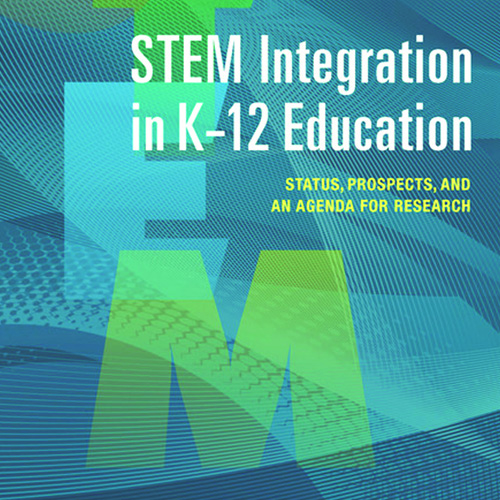Research may examine the perceptions, attitudes, and experiences of various stakeholders, including students, parents, teachers, administrators, and policymakers, regarding the K to 12 program. This can provide insights into the
-
info@ChoiceRG.com -
Phone
(201)567-3879
K to 12 Research Program
K-12 Research Program
The K to 12 research program refers to research initiatives focused on studying and evaluating the K to 12 education system, which is a comprehensive educational reform program implemented in several countries, including the Philippines.
- The K to 12 program extends basic education from ten years (six years of elementary and four years of high school) to twelve years (Kindergarten plus six years of elementary and six years of secondary education).
- It aims to enhance the quality of education, align the curriculum with international standards, and better prepare students for college, employment, and entrepreneurship.
Curriculum Development and Evaluation: Research focuses on assessing the effectiveness of the K to 12 curriculum in meeting its objectives, such as improving the quality of teaching and learning, enhancing students' critical thinking skills, and aligning with global standards.
Teacher Professional Development: Studies may explore the impact of K to 12 reforms on teacher training, development, and support. They may investigate the effectiveness of professional development programs in equipping teachers with the necessary skills and knowledge to implement the new curriculum effectively.
Assessment and Evaluation: Research investigates the design, implementation, and impact of assessment methods and tools used in the K to 12 system. This includes evaluating the validity and reliability of assessments, exploring alternative assessment strategies, and analyzing the impact of assessments on teaching and learning.

Transition and Outcomes / Equity and Access
- Studies focus on understanding the transition of students from the old education system to K to 12 and evaluating the short-term and long-term outcomes of the reform. This includes examining student performance, college readiness, employability, and the impact on career pathways and higher education opportunities.
- Research explores the impact of K to 12 on equity and access to education, particularly among marginalized and disadvantaged groups. This includes investigating issues related to inclusivity, addressing gaps in resources and opportunities, and assessing the effectiveness of policies aimed at promoting equitable access to quality education.
